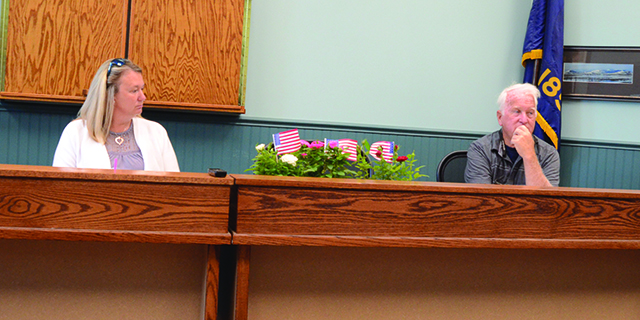Liquor initiative has a dirty little secret
Published 8:00 pm Tuesday, April 12, 2016
If it ain’t broke, don’t fix it. That axiom is apt for the ballot initiative that would move liquor sales out of state-operated stores and into grocery stores. The measure is backed by the grocery industry. Petitioners will soon be gathering signatures.
When Washington voters considered this choice in 2011, it became known colloquially as the Costco Initiative. That’s because Costco largely bankrolled the ballot measure campaign.
Trending
Oregon is one of 13 states that maintains state-owned stores. They are a considerable moneymaker for state government. How the state would replace that revenue is this ballot measure’s dirty little secret.
On the other side of the Columbia River, there is a measure of buyers’ remorse. The variety Washingtonians once saw in their liquor stores is gone. Restaurateurs find that particularly vexing. And the products cost more.
Oregon’s burgeoning industries of craft brewers, distillers and winemakers oppose the initiative, because of what they see coming. Without the Oregon Liquor Control Commission stores, craft distillers would lose their access to a statewide retail network. If liquor is moved into supermarkets, brewers and winemakers will see their shelf space diminished. Grocery stores are a zero-sum game. If a body of new product gains shelf space, other products have less.
OLCC stores produce revenue in excess of $200 million that’s used for state and local government services. The grocers’ ballot measure assumes the state Legislature will find another way to generate that amount of revenue. Good luck.
Washington’s Costco Initiative has demonstrated who really wins with proposals such as this. The craft distillers, brewers and wine makers have it right. They will lose, big time. So will consumers.









